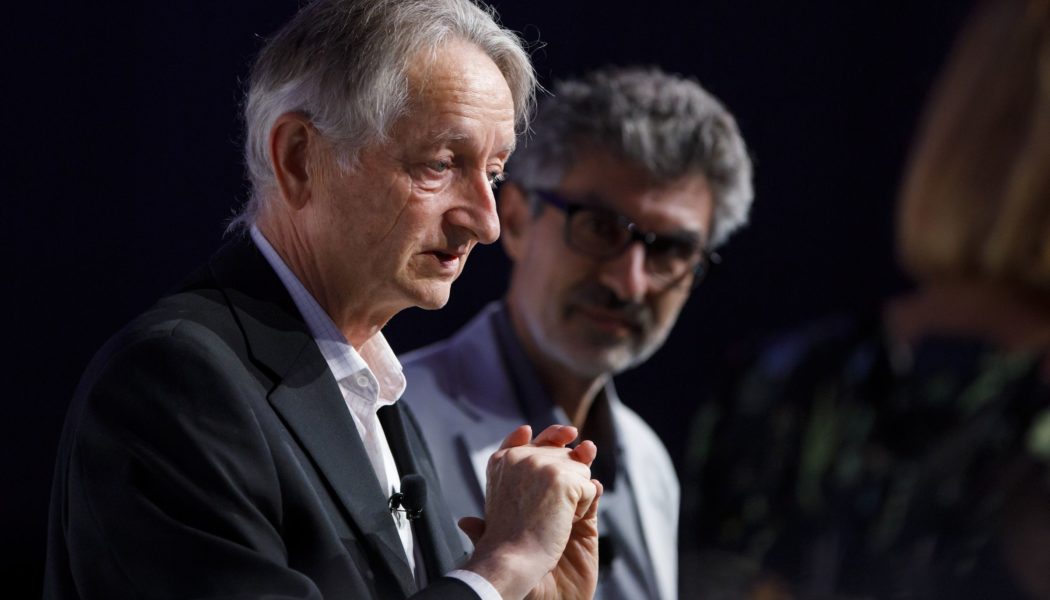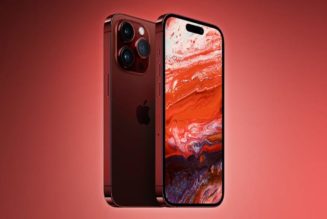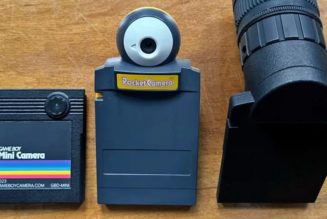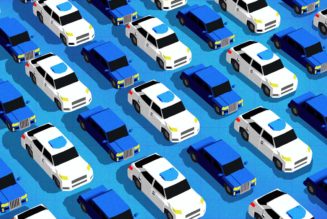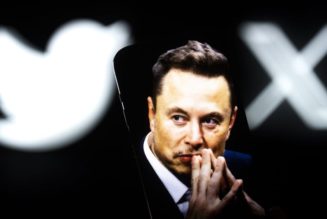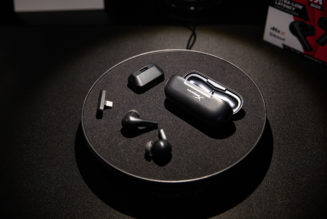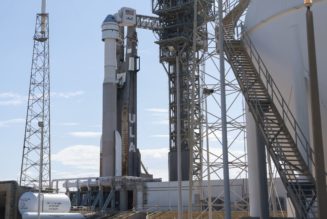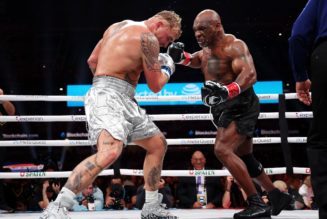Geoffrey Hinton who won the ‘Nobel Prize of computing’ for his trailblazing work on neural networks is now free to speak about the risks of AI.
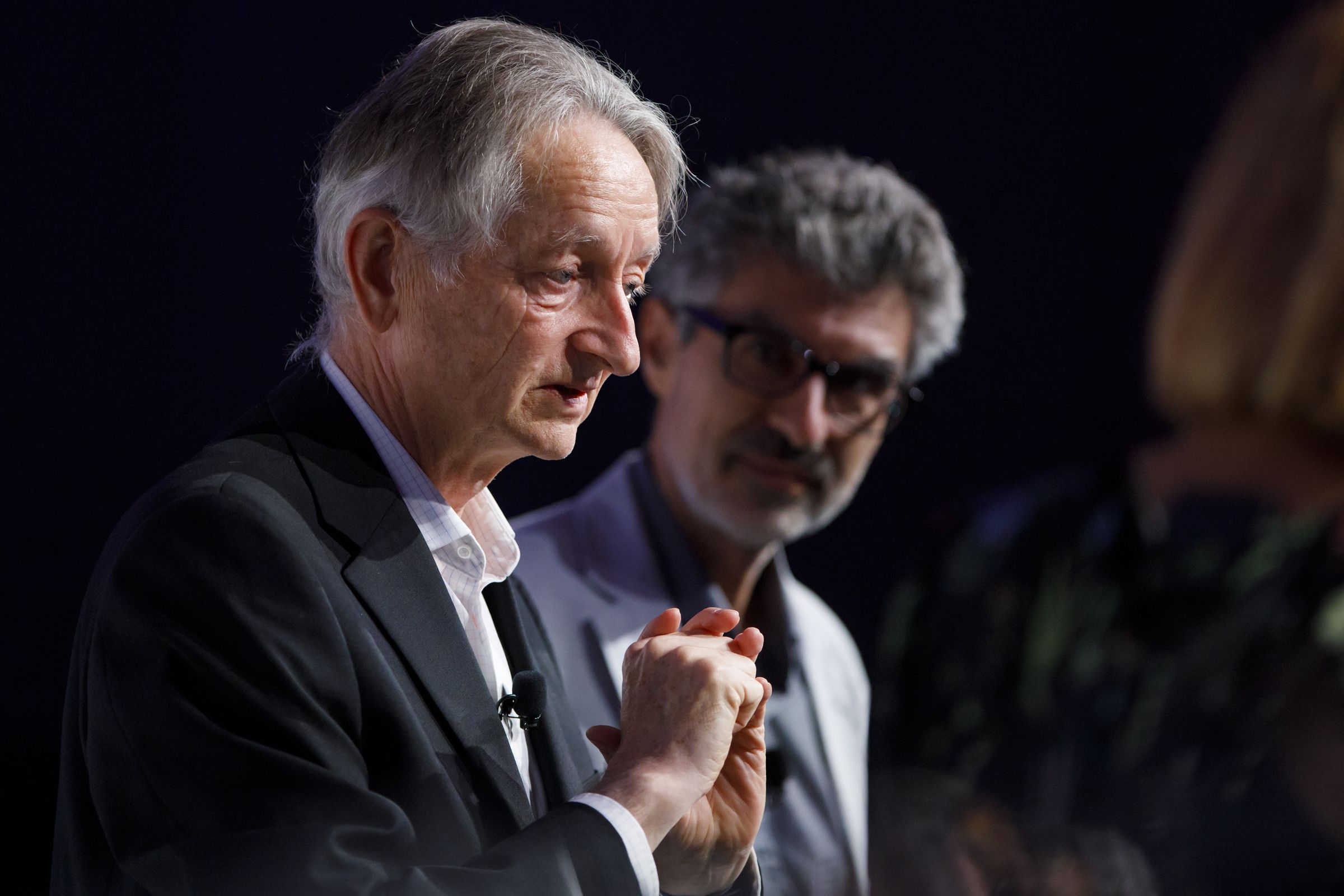
Geoffrey Hinton, who alongside two other so-called “Godfathers of AI” won the 2018 Turing Award for their foundational work that led to the current boom in artificial intelligence, now says a part of him regrets his life’s work. Hinton recently quit his job at Google in order to speak freely about the risks of AI, according to an interview with the 75-year-old in The New York Times.
“I console myself with the normal excuse: If I hadn’t done it, somebody else would have,” said Hinton, who had been employed by Google for more than a decade. “It is hard to see how you can prevent the bad actors from using it for bad things.”
Hinton notified Google of his resignation last month, and on Thursday talked to CEO Sundar Pichai directly, according to the NYT. Details of that discussion were not disclosed.
The life-long academic joined Google after it acquired a company started by Hinton and two of his students, one of whom went on to become chief scientist at OpenAI. Hinton and his students had developed a neural network that taught itself to identify common objects like dogs, cats, and flowers after analyzing thousands of photos. It’s this work that ultimately led to the creation of ChatGPT and Google Bard.
According to the NYT interview, Hinton was happy with Google’s stewardship of the technology until Microsoft launched the new OpenAI-infused Bing, challenging Google’s core business and sparking a “code red” response inside the search giant. Such fierce competition might be impossible to stop, Hinton says, resulting in a world with so much fake imagery and text that nobody will be able to tell “what is true anymore.”
Google’s chief scientist, Jeff Dean, worked to soften the blow with the following statement:“We remain committed to a responsible approach to AI. We’re continually learning to understand emerging risks while also innovating boldly.”
The spread of misinformation is only Hinton’s immediate concern. On a longer timeline he’s worried that AI will eliminate rote jobs, and possibly humanity itself as AI begins to write and run its own code.
“The idea that this stuff could actually get smarter than people — a few people believed that,” said Hinton to the NYT. “But most people thought it was way off. And I thought it was way off. I thought it was 30 to 50 years or even longer away. Obviously, I no longer think that.”
